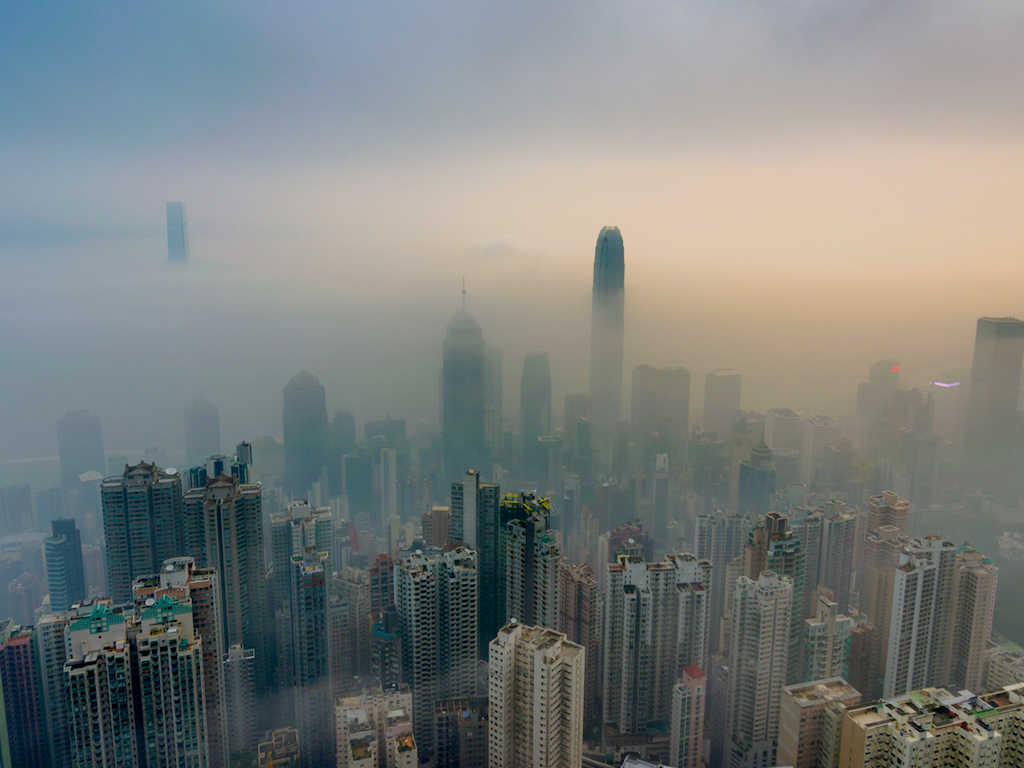3 Mins Read
A new public opinion survey by the Hong Kong Public Opinion Research Institute (PORI) reveals that the majority of people in Hong Kong do not believe that climate change poses an immediate threat, placing its importance behind other issues such as economic downturn. Given the severity of our ecological disaster and the heightened global awareness due to current climate disasters such as the Australian wildfires, the result indicates that the general public in the city have yet to understand the urgency of the crisis and remain uncompelled to take action for the planet.
Commissioned by local climate platform HK 2050, which is backed by independent think tank Civic Exchange, the World Resources Institute (WRI) and ADM Capital Foundation, a new public opinion survey by PORI has found that climate change is not on the top list of priorities among the concerns facing Hong Kong citizens. The survey, which involved over 1,000 participants and is aimed at understanding attitudes towards climate change and action, found that only 16% of people interviewed thought climate change was more significant in impact than livelihood challenges, economic downturn and health deterioration. Although 84% of respondents said that climate change will hit future generations with negative impacts, few are expecting to be affected by climate consequences in the immediate or near future.
It contrasts with the results from a survey commissioned by United Kingdom-based non-profit Hope Not Hate, which involved participants from the UK, US, Canada, Germany, Italy, Brazil, France and Poland, and found that climate breakdown was ranked the most urgent issue above migration, terrorism and the economy.
Read: 10 Hong Kong Student Climate Strikers Tell Us Why They Are Marching For The Planet
The findings indicate that the general public in Hong Kong have yet to understand the urgency of the climate crisis, at a time when the disastrous effects of our degrading planet is underway in the deadly Australian fires. Numerous reports have reiterated the severity of climate change, from the United Nations’ report on the hottest period on record, to the real possibility that Asia’s megacities will be submerged in just a few years time.
The survey additionally finds that most individuals in Hong Kong – 80% of those surveyed – believe that the government should bear the biggest responsibility in fighting climate change.
Indeed, the Hong Kong government has done little to help the city transition into a zero-carbon economy as the city remains hugely reliant on fossil fuels for its energy supply, has failed to tackle the growing monumental waste problem, and the excessive meat and dairy consumption that is driving the city’s emissions. While we should be critical of government inaction in Hong Kong, the result also suggests that individuals are unwilling to take personal actions to lower their footprint on the planet on a daily basis.
Read: Interview With Solo School Striker & Hong Kong Climate Activist Lance Lau
Based on PORI’s poll, the HK 2050 team has outlined a set of recommendations. These include setting up ambitious emissions reduction targets in line with the goals of the Paris Agreement, strengthening collaborations between government and businesses to transition into a low-carbon economy, and reinforcing ties with non-profits to increase public education and awareness on climate change.
As the climate crisis continues to intensify, here’s what you can do to help change the minds of climate deniers.
Lead image courtesy of iStock.




